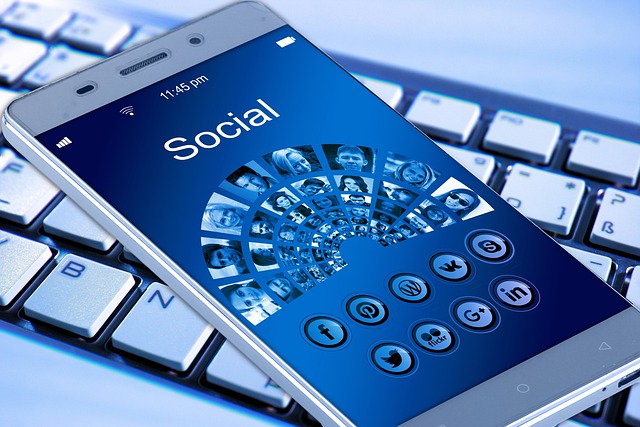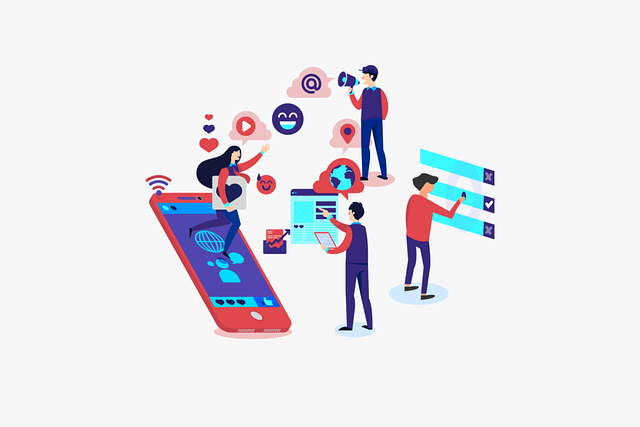Social media has become an integral part of modern society, shaping how people connect, communicate, and consume information. While it offers numerous benefits such as facilitating global connectivity and enabling social interactions, its influence on mental health has sparked significant debate and concern. This article explores the complex relationship between social media usage and mental well-being, highlighting both positive and negative impacts and discussing strategies for maintaining a healthy balance.

1. Positive Impacts of Social Media
Social media platforms provide several advantages that contribute positively to mental health:
- Social Connectivity: Facilitates communication and connection with friends, family, and communities, especially beneficial for maintaining long-distance relationships.
- Information Access: Enables access to educational resources, news updates, and support networks, offering valuable information and insights.
- Expression and Creativity: Platforms like Instagram and TikTok encourage creative expression through photos, videos, and art, fostering a sense of accomplishment and self-expression.
2. Negative Impacts of Social Media
Despite its benefits, excessive social media use can have detrimental effects on mental health:
- Comparison and Self-Esteem Issues: Constant exposure to idealized images and lifestyles can lead to comparison, envy, and a negative impact on self-esteem.
- Cyberbullying: Harassment, trolling, and online bullying contribute to stress, anxiety, and depression among users, especially adolescents.
- Fear of Missing Out (FOMO): The fear of missing out on social events or experiences portrayed on social media can lead to feelings of inadequacy and anxiety.
3. Impact on Psychological Well-being
Research indicates several ways in which social media influences psychological well-being:
- Addiction and Dependency: Excessive use of social media may lead to addiction-like behaviors, affecting productivity, sleep patterns, and overall well-being.
- Mood Disorders: Increased social media use has been linked to higher rates of depression, anxiety, and loneliness, particularly among vulnerable populations.
- Sleep Disturbances: Exposure to blue light from screens and late-night scrolling disrupts sleep patterns, leading to insomnia and fatigue.
4. Protective Factors and Healthy Practices
To mitigate the negative impact of social media on mental health, individuals can adopt the following strategies:
- Limit Screen Time: Establish boundaries and allocate specific times for social media use to reduce overexposure.
- Engage Mindfully: Be mindful of emotional reactions to content and consider unfollowing accounts that evoke negative feelings.
- Promote Positive Interactions: Foster meaningful connections by engaging in supportive online communities and promoting empathy and kindness.
- Seek Balance: Balance online activities with offline hobbies, exercise, and face-to-face interactions to maintain a well-rounded lifestyle.

5. Educational and Awareness Efforts
Promoting digital literacy and awareness about healthy social media habits is crucial:
- Educational Programs: Integrate digital literacy education into school curricula to teach students about responsible online behavior and critical thinking skills.
- Parental Guidance: Educate parents on monitoring their children’s social media usage and promoting open communication about online experiences.
- Professional Support: Mental health professionals can provide counseling and support for individuals experiencing negative psychological effects from social media use.
6. Corporate Responsibility and Regulation
Social media platforms have a role in safeguarding user well-being:
- Algorithm Transparency: Enhance transparency regarding content algorithms to minimize harmful content exposure and promote positive engagement.
- Privacy Protections: Strengthen privacy policies and data protection measures to safeguard user information and mitigate risks of online exploitation.
- Community Guidelines: Enforce strict community guidelines to prevent cyberbullying, harassment, and dissemination of harmful content.
7. Research and Future Directions
Continued research is essential to understanding the evolving impact of social media on mental health:
- Longitudinal Studies: Conduct longitudinal studies to examine the long-term effects of social media use across different age groups and demographics.
- Intervention Strategies: Develop evidence-based intervention strategies to promote healthy social media use and mitigate associated risks.
- Technological Innovations: Explore technological innovations, such as AI-driven content moderation and mental health tracking apps, to enhance user well-being.

8. Conclusion
In conclusion, social media’s influence on mental health is multifaceted, encompassing both positive and negative aspects. While it facilitates social connectivity, information sharing, and creativity, excessive use can contribute to psychological challenges such as addiction, comparison, and cyberbullying. By promoting digital literacy, fostering healthy online habits, and advocating for responsible platform governance, individuals, educators, policymakers, and technology companies can collaborate to mitigate the negative impact of social media on mental health. Ultimately, achieving a balanced approach to social media usage is crucial for maintaining mental well-being in an increasingly digital world.
In Summary
Social media plays a significant role in modern society, influencing mental health through various mechanisms. By acknowledging its impacts, promoting awareness, and implementing strategies for healthy usage, individuals and communities can harness the benefits of social media while safeguarding mental well-being against its potential risks.

